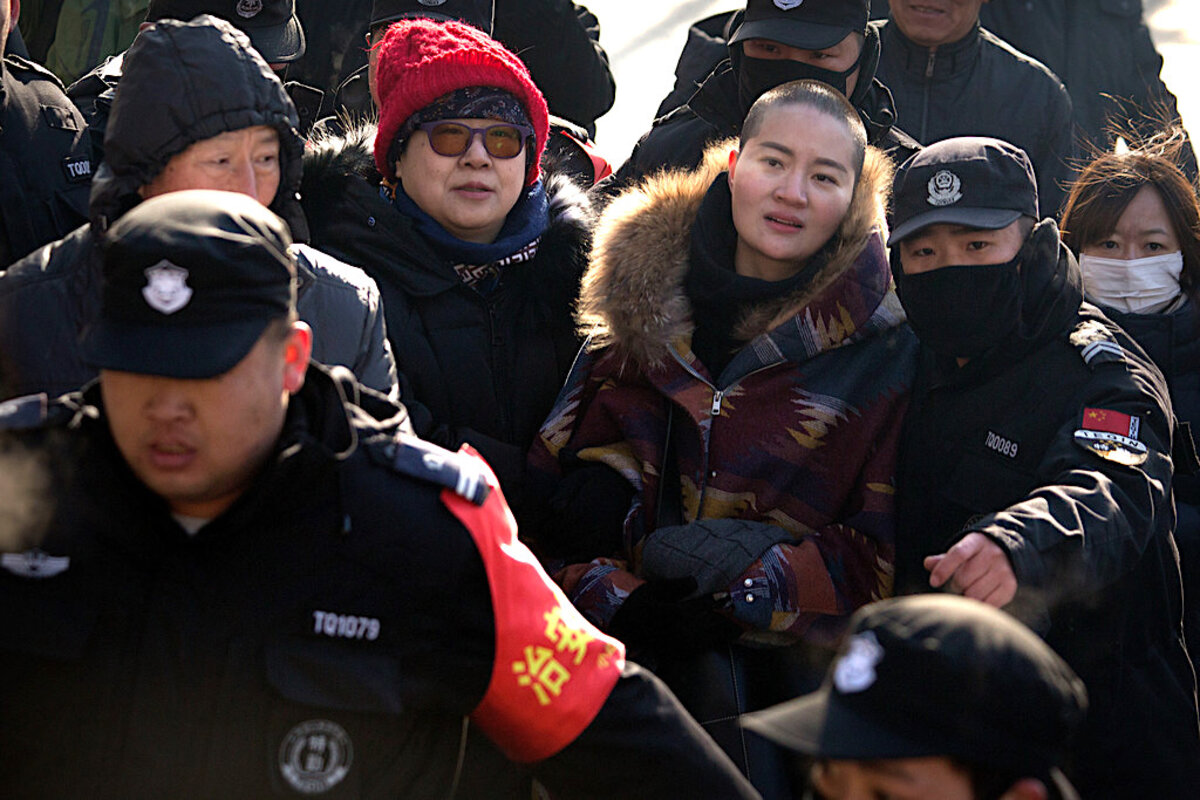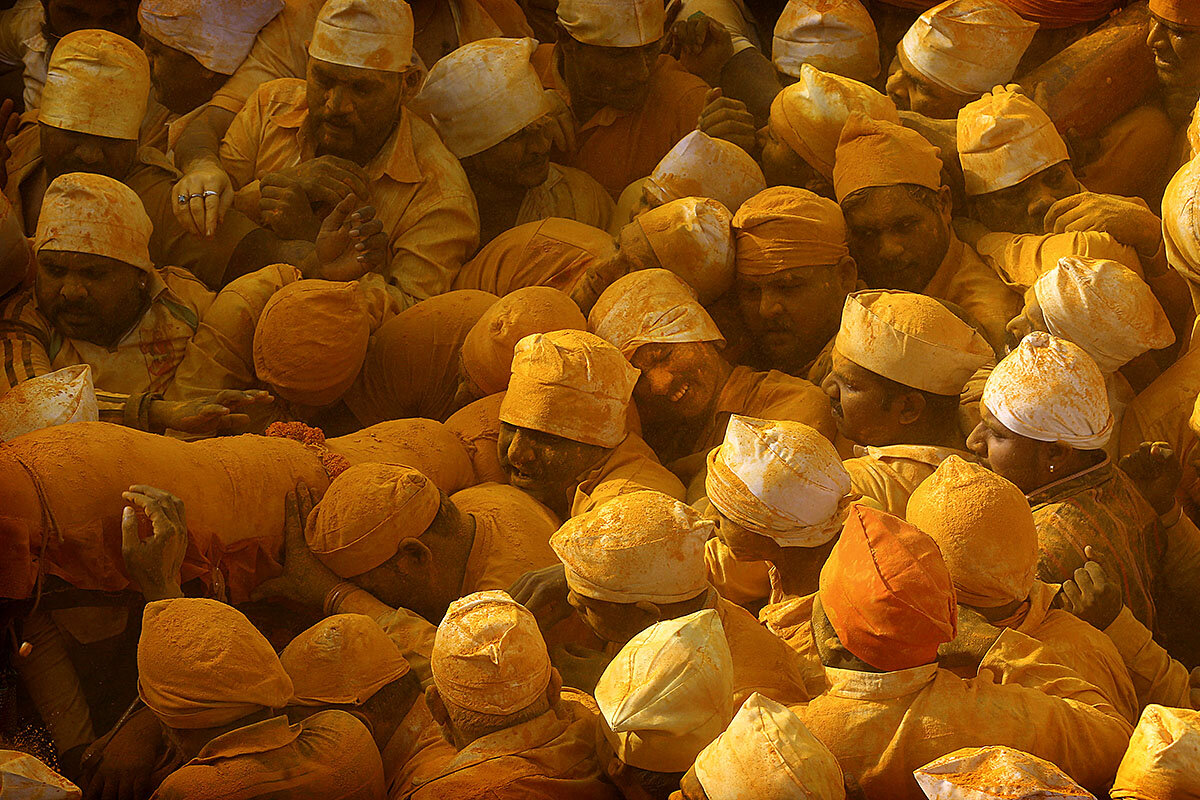Our first story is another look at local action on a global issue. We sent a reporting team to Alaska to look at what course a city might take when the state in which it sits leans another way.
Monitor Daily Podcast
- Follow us:
- Apple Podcasts
- Spotify
- RSS Feed
- Download
 Clayton Collins
Clayton Collins
Human actions toward solutions can be such persistent little shoots.
Most of the news from the southern U.S. border is about hard barriers and punitive politics – including proposed tariffs that could hike the cost of everything from tomatoes to TVs. It’s hard to imagine that contentious zone as a place of cooperation on a fundamentally important issue.
But in a year when unrelenting wetness is affecting U.S. farmers’ ability to plant crops, a history of communitarian thinking about food offers hope.
During the Mexican winter growing season, just now ending, fresh produce flows north into the U.S. market through Nogales, Arizona. About 60 million pounds of it a year, though, ends up dumped for reasons including blemishes that make it “unsellable.”
“It’s a tiny percentage [of the total imports] but a huge number,” a trade association official tells New Food Economy. “It’s a shared problem, but also a shared opportunity.”
Nogales and its sister city in Mexico, also called Nogales, have long been interdependent, as are many border-straddling communities. The organization Borderlands Produce Rescue works both sides of the border, persuading big produce houses to redirect food bound for landfills to the hungry – 33 million to 40 million pounds of it per year, by its own account.
It shows produce firms how good regional citizenship can be good economics too.
The tense political climate adds challenges. But BPR, which has been evolving for years, won’t accept a bottleneck. In fact, it’s growing its network. Says the trade association official: “[W]e think in the end these are things that will not only transform [that] community, but will give an example to other communities to transform themselves.”
Now to our five stories for your Monday, including (get your headphones) some spoken-word reflections on Tiananmen Square and a look at how migrants are using music to connect with their Moroccan hosts.










